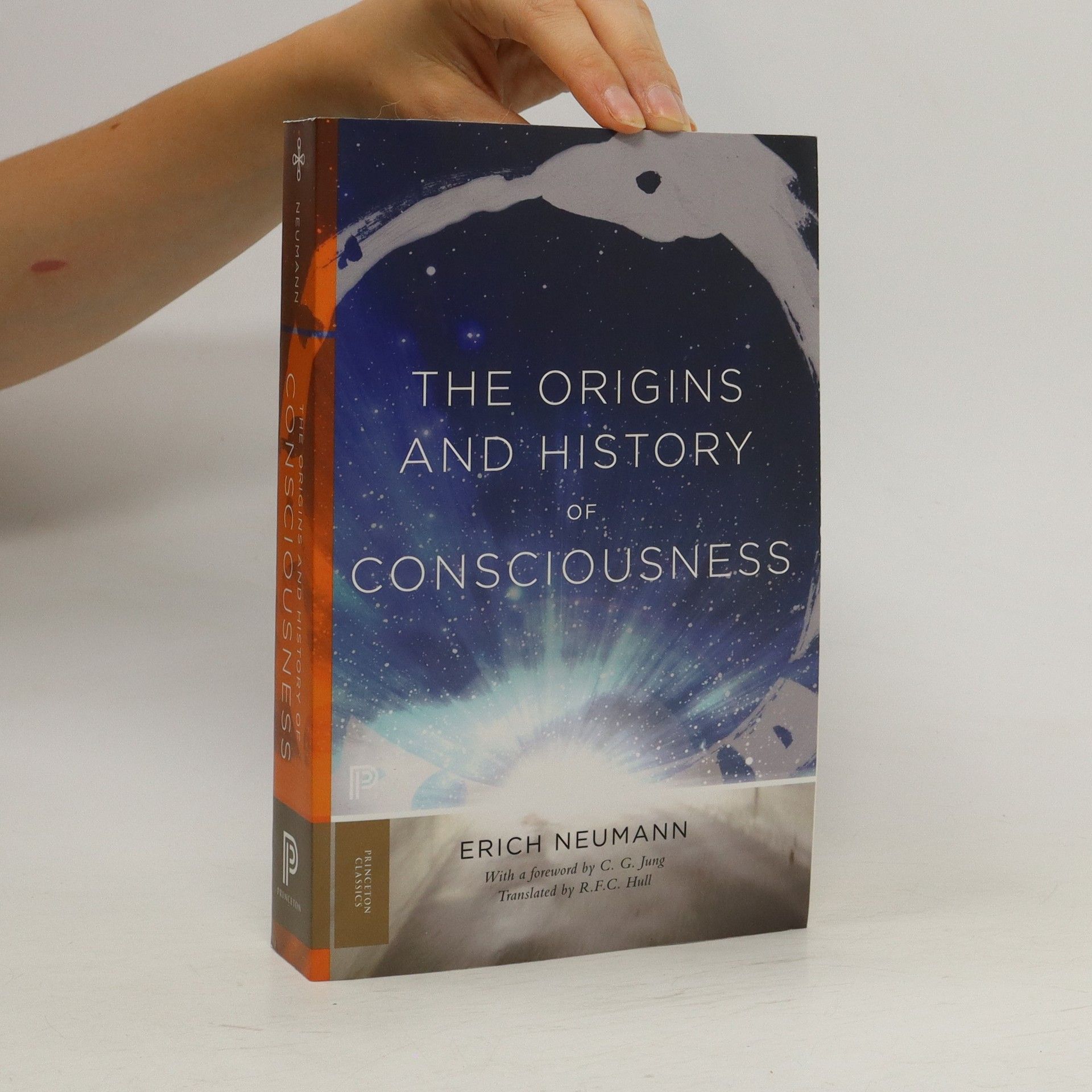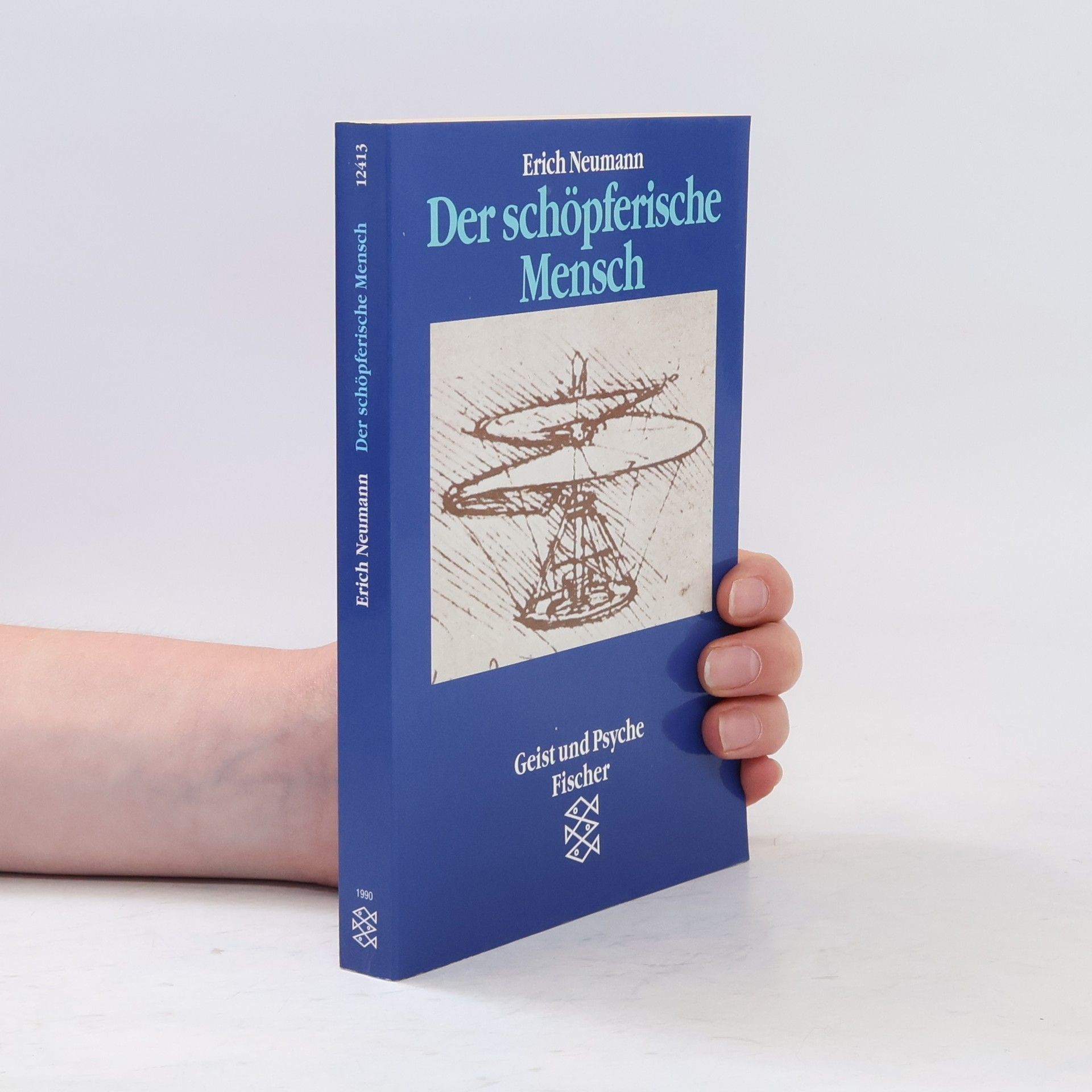Die Wurzeln des jüdischen Bewusstseins
- 600 pages
- 21 hours of reading
Die Verbindung von jüdischer Weisheit und jungianischer Psychologie bildet das Herzstück dieser inspirierenden Erzählung. Durch die Erkundung von Archetypen und mythologischen Motiven wird die Bedeutung von Identität und Spiritualität beleuchtet. Der Autor schafft einen Dialog zwischen Tradition und moderner Psychologie, der Leser dazu anregt, tiefere Einsichten in das eigene Leben zu gewinnen. Diese einzigartige Perspektive eröffnet neue Wege des Verständnisses für die menschliche Psyche und die universellen Fragen des Lebens.





